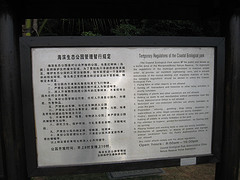
If you’ve ever taken a survey, you know what it’s like to feel limited in giving an opinion: a simple “agree” or “disagree” doesn’t always capture the complexity of opinions; a few blank lines may leave too much room for you to be clear in your response; or maybe you don’t have an instant opinion when probed about a given subject, but you heard your mom talking about it, you feel forced to pick a side, and you quickly regurgitate her opinion.
These are only a few reasons sociologist Herbert Gans warns that “public opinion polls” can’t live up to the name. As he points out in an article from the Nieman Journalism Lab:
If poll results can be interpreted as opinion, they are pollster-evoked or passive opinions. They are not the active opinions of citizens who feel strongly about, or participate in some way in the debates about forthcoming legislation or a presidential decision.
Gans explains the differences between “answers” and “opinions,” and suggests that the media start informing its audiences on this subject. He also believes that the media should start offering more context around public opinion poll results to illustrate what the public is actually thinking. As it stands, communications to elected officials or involvement in town-hall meetings and demonstrations may be far more representative of a given community’s “opinion” than poll results.






